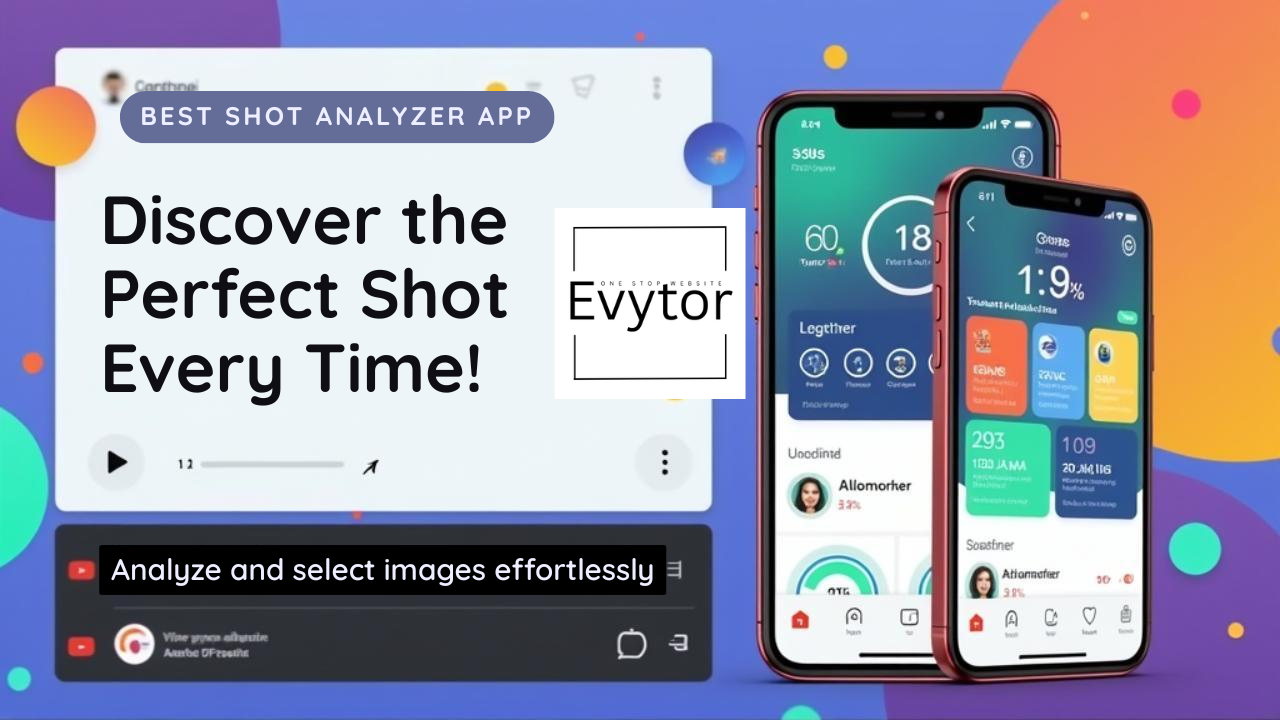Setting and Achieving Your Health & Fitness Goals
Setting health and fitness goals is more than just picking a New Year's resolution. It's about charting a course for a healthier, happier you. But let's be honest, how many times have ambitious goals like 'run a marathon' or 'lose 20 pounds' fizzled out after just a few weeks? 🤔 You're not alone! The key isn't just setting a goal, but knowing how to achieve it and make lasting changes. This guide will walk you through the process, turning those wishes into tangible results.
Why Goals Matter: Your Personal Roadmap 🗺️
Think of goals as your destination. Without one, you're just wandering. In health and fitness, clear goals provide direction, motivation, and a way to measure progress. They help you stay accountable and focused, especially when motivation wanes.
But why do some goals stick while others don't? Often, it comes down to the method of setting them and the plan for pursuing them. It's not enough to say 'I want to be fit'; you need a strategy!
The SMART Approach to Goal Setting ✨
The most effective goals follow the SMART criteria. This tried-and-true method makes your objectives clear and reachable.
- Specific: What exactly do you want to achieve? Instead of 'Eat healthier,' try 'Eat 5 servings of vegetables daily.'
- Measurable: How will you track your progress? 'Run 3 miles without stopping' is measurable, unlike 'Run more.'
- Achievable: Is the goal realistic given your current situation and resources? Aiming to run a marathon next month if you've never run before might be too ambitious.
- Relevant: Does this goal align with your overall health and wellness values? Is it important to *you*?
- Time-bound: When do you want to achieve this by? Set a clear deadline. 'Lose 5 pounds in the next 6 weeks' provides a timeline.
Let's look at an example: Instead of 'Get stronger,' a SMART goal could be: 'Increase my bench press by 10 lbs in 8 weeks by lifting weights 3 times per week.' See the difference? It's clear, trackable, realistic, relevant, and has a deadline.
Building Your Action Plan: Step-by-Step Success ✅
Once your SMART goal is set, you need a plan to get there. This is where the rubber meets the road! 🚀
Break it Down: A big goal can feel overwhelming. Break it into smaller, manageable steps. If your goal is to run a 10K in 3 months, your first step might be 'Run/walk for 20 minutes, 3 times this week.'
Schedule It: Your health and fitness journey needs a place in your schedule. Literally block out time for workouts, meal prepping, or whatever your goal requires. Treat it like an important appointment you can't miss.
Identify Obstacles: What might get in your way? Lack of time? Low motivation? Travel? Think about potential hurdles in advance and plan how you'll overcome them. This is called 'obstacle mapping.'
Consistency is King (or Queen!) 👑
Showing up consistently is often more important than doing everything perfectly. Missing one workout or having one 'off' meal isn't the end of the world. The key is to get back on track immediately.
Find Your Tribe: Support from friends, family, or a fitness community can make a huge difference. Share your goals and progress. An accountability partner can be a game-changer!
Celebrate Small Wins: Acknowledging your progress along the way keeps you motivated. Hit a new personal best? Stick to your meal plan for a week? Celebrate it! 🎉 Even small steps deserve recognition.
Tracking Your Progress 📊
Monitoring your journey provides valuable insights and reinforces positive behaviors. How you track depends on your goal:
- Fitness: Use a fitness tracker (watch, app), a workout logbook, or simply note down reps, weights, or distances.
- Nutrition: Keep a food diary (app or notebook), track water intake, or monitor serving sizes.
- Weight/Body Composition: Regular weigh-ins (but don't become obsessed!), body measurements, or progress photos.
Regularly review your progress. Is your plan working? Do you need to adjust your approach? Be flexible!
Overcoming Challenges & Staying Motivated 💪
There will be days when you don't feel like it. Life happens – stress, illness, travel. This is normal! Don't let a setback derail you completely.
Revisit Your 'Why': Remind yourself *why* you set this goal in the first place. What are the long-term benefits for your health and well-being?
Adjust, Don't Quit: If your plan is too rigid, it's okay to modify it. Maybe you need shorter workouts, or a simpler meal plan for a week. Flexibility is crucial for long-term success.
Positive Self-Talk: Be kind to yourself. Focus on what you *have* achieved, not just where you fall short. Replace negative thoughts with encouraging ones.
Going Further: Level Up Your Health Journey 📈
Ready to dive deeper or need extra support? Here are some pro-tips:
- Consult Professionals: A certified personal trainer or registered dietitian can provide personalized plans and expert guidance tailored specifically to your needs and goals.
- Explore Mind-Body Connection: Incorporate practices like yoga or meditation. Mental well-being is just as vital as physical fitness.
- Use Technology Wisely: Explore fitness apps, wearable tech, or online communities. They can provide tracking, coaching, and connection. But remember, they are tools, not magic solutions!
- Learn New Skills: Try a new sport or fitness class. Learning keeps things interesting and challenges your body in different ways.
- Focus on Recovery: Prioritize sleep, stretching, and rest days. Recovery is when your body gets stronger.
Conclusion: Your Health Journey Awaits! 🌟
Setting and achieving health and fitness goals is a journey, not a race. It requires planning, dedication, and the ability to navigate challenges. By using the SMART framework, breaking down your goals, staying consistent, tracking progress, and being adaptable, you significantly increase your chances of success.
Remember, every small step forward is progress. Be patient, be persistent, and believe in yourself!
What's ONE health or fitness goal you're going to set (or reset) this week? Share your thoughts below!




